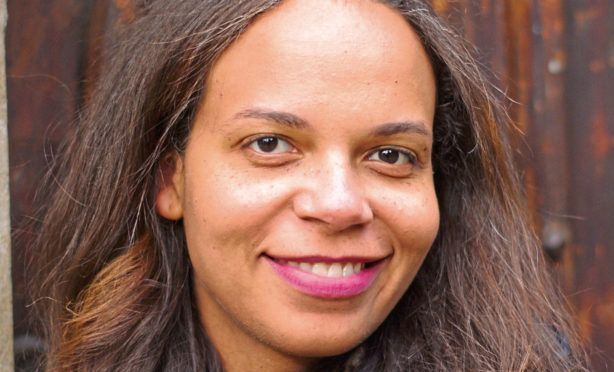
Getting lost led London-based African American lawyer Deirdre Mask to a second career as an author.
She was on her way to visit an acquaintance who didn’t have an address and couldn’t find the spot. What she did find was a fact that surprised her so much she decided to write a book about it.
It was an effort that took her all over the globe. She tells P.S: “Most people around the world don’t have reliable street addresses. When I researched this some more, it became quite serious.
“A street is a place to identify where you live, without it you can’t get a bank account, or credit, and mail doesn’t get delivered.”
And it is crucial in controlling infectious disease. She says: “The coronavirus pandemic is linked to the book as one chapter involves Dr John Snow who in Victorian London had an idea that cholera was spread in part through water.”
Snow traced the disease to water pumps on London’s streets.
“The way he did it was by getting death certificates, finding out where everyone lived and where people died,” says Mask. “The closer they were to the pump that contained cholera, the more he was able to say it was the pump responsible for the disease.
“In pandemics, it becomes important to find out where people live. If you have coronavirus, for example, one of the best ways to contain it is to ask all the places you have been and all the people you have been in contact with, then call them and tell them to quarantine. And that is much easier to do if you have street addresses.”
Where we live is also key to our identity. Mask’s book highlights how people in Florida campaigned to rename streets in their predominantly black community that honoured Confederate generals. The new names they came up with were Liberty Street, Freedom Street and Hope Street.
And she reveals: “The research on street names and Scottish identity is fascinating.” Citing a study by a St Andrews University, she explains: “It looked at places that had a lot of street names that sounded English and found that people who lived in these places felt less Scottish. In places that had more Scottish-sounding names, they felt more Scottish.”
Street names and door numbers began as a way for governments to find people to tax them, send them to war, or – if they committed a crime – to jail.
“The early origins of street names is that they were descriptive,” says Mask. “Church Street, for example, is a description of what it was, the street that a church is on. But as time went on we started naming streets after people we admired, or to celebrate our ancestry.”
One of her favourite street names is CostKea Way in the Midlothian town of Loanhead. “I like it is because it doesn’t really happen anymore where we just describe the street. We usually try to find a grander, more meaningful name. I like CostKea Way as it just tells exactly where it is – between the stores of Costco and Ikea. It doesn’t sound great but it does the job.”
That addresses do their job couldn’t be more important in our Covid-dominated lives she says: “Now more than ever we are realising how much we need them.
“Because we are physically at home all the time, we realise how reliant we are for people to be able to find us easily for things like deliveries, emergency help and the government being able to track us.”
Deirdre Mask – The Address Book, Profile Books, £16.99

Enjoy the convenience of having The Sunday Post delivered as a digital ePaper straight to your smartphone, tablet or computer.
Subscribe for only £5.49 a month and enjoy all the benefits of the printed paper as a digital replica.
Subscribe